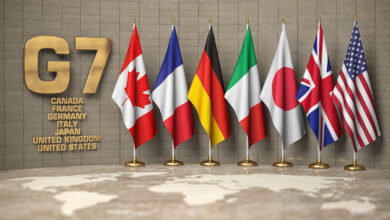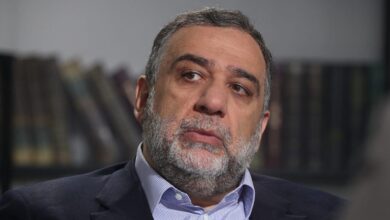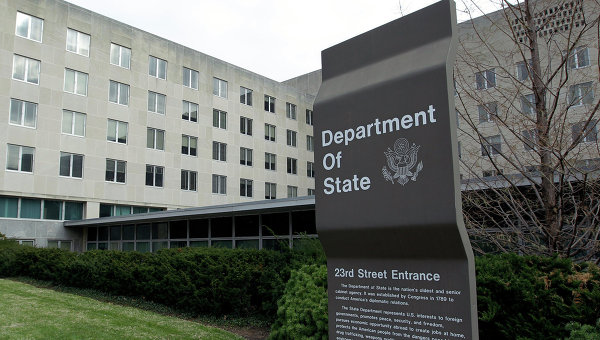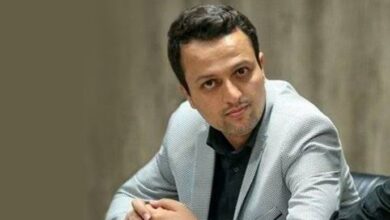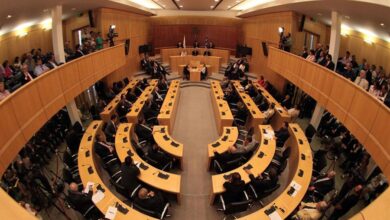
The Human Rights Defender of Armenia, when presenting the 2019 Annual Report to the National Assembly of Armenia, stressed that human rights are universal categories and that rights of all persons, including children, women, people with disabilities living in Artsakh (Nagorno Karabakh), should be protected, regardless of the political status of the territory or other political factors, whether it is a conflict or postconflict area. This is a well-known concept driven by a status neutral principle within International Human Rights Standards.
Additionally, in response to the question from a member of the Armenian Parliament regarding whether the Human Rights Defender of Armenia anticipates cooperation with his Azerbaijani counterpart on human rights issues, Mr. Arman Tatoyan noted that he has not yet met the new Ombudsperson of the neighboring country, but he is ready to meet his counterpart, for example, within international meetings, should such an opportunity present.
Thus, the Human Rights Defender of the Republic of Armenia expressed his readiness for the meeting. Moreover, the Defender emphasized that he believes it would be appropriate if the Human Rights Defender or civil society of Artsakh participate in human rights related international discussions or discussions on rights of Armenians living in Artsakh.
Immediately after parliamentary discussions, the Commissioner for Human Rights of Azerbaijan (Ombudsperson) Sabina Aliyeva made an official statement, accompanied by inaccurate, political comments clearly atypical of a Head of a Human Rights Institution, quoting the official positions of her country’s political authorities, even considering the issue from the perspective of the OSCE Minsk Group’s activities dealing with the political solution of the conflict, also using expressions that generate aggression and hatred. Moreover, the statements of the Azerbaijani Commissioner for Human Rights were accompanied by public insults addressed to the Armenian Human Rights Defender, noting that the Armenian Human Rights Defender “turned legal issues into objects of political manipulation and organized a cheap show by primitive methods.”
Besides, the Azerbaijani Ombudsperson put forward a political precondition for meeting with the Armenian Human Rights Defender, stating that “the negotiations with the Human Rights Ombudsman of Armenia will be possible only after the elimination of occupation.”
The Armenian Human Rights Defender has to respond to these political and insulting statements of the Azerbaijani Ombudsperson, to prevent distortion of statements and position, as well as presentation of false information to international partners.
The Armenian Human Rights Defender Arman Tatoyan regrets that his Azerbaijani counterpart makes political statements. Nonetheless, we refrain from commenting on the statements, given that it is not appropriate for a human rights institution to do so. We regret that the Commissioner for Human Rights of Azerbaijan sets a political precondition for the cooperation between the two institutions, obviously following the political framework of the Azerbaijani authorities.
The Human Rights Defender of Armenia was hoping that the new Ombudsperson of Azerbaijan could adopt new approaches for cooperation that could be in accordance with international human rights principles and standards; however, by presenting an approach identical to the official political propaganda shows that nothing has changed in this regard.
Political neutrality of ombudspersons and national human rights institutions is one of the basic principles of their apolitical activity. This cooperation is to ensure the effective protection of human rights. Hence, there should be no political preconditions for cooperation between ombudsperson institutions in establishing and guaranteeing an agenda for human rights.
Human rights protection is of the universal nature. Hence, the guarantee and protection of the human rights of people living in Artsakh should not depend on the disaccord related to the political status of Artsakh.
Women, children, persons with disabilities, who live in Artsakh cannot be deprived of legal protection; that would contradict the international legal principles. Participation of the Human Rights Defender of Artsakh and the civil society in international human rights discussions and meetings has an irreplaceable role because political factors should have no impact on human rights.


